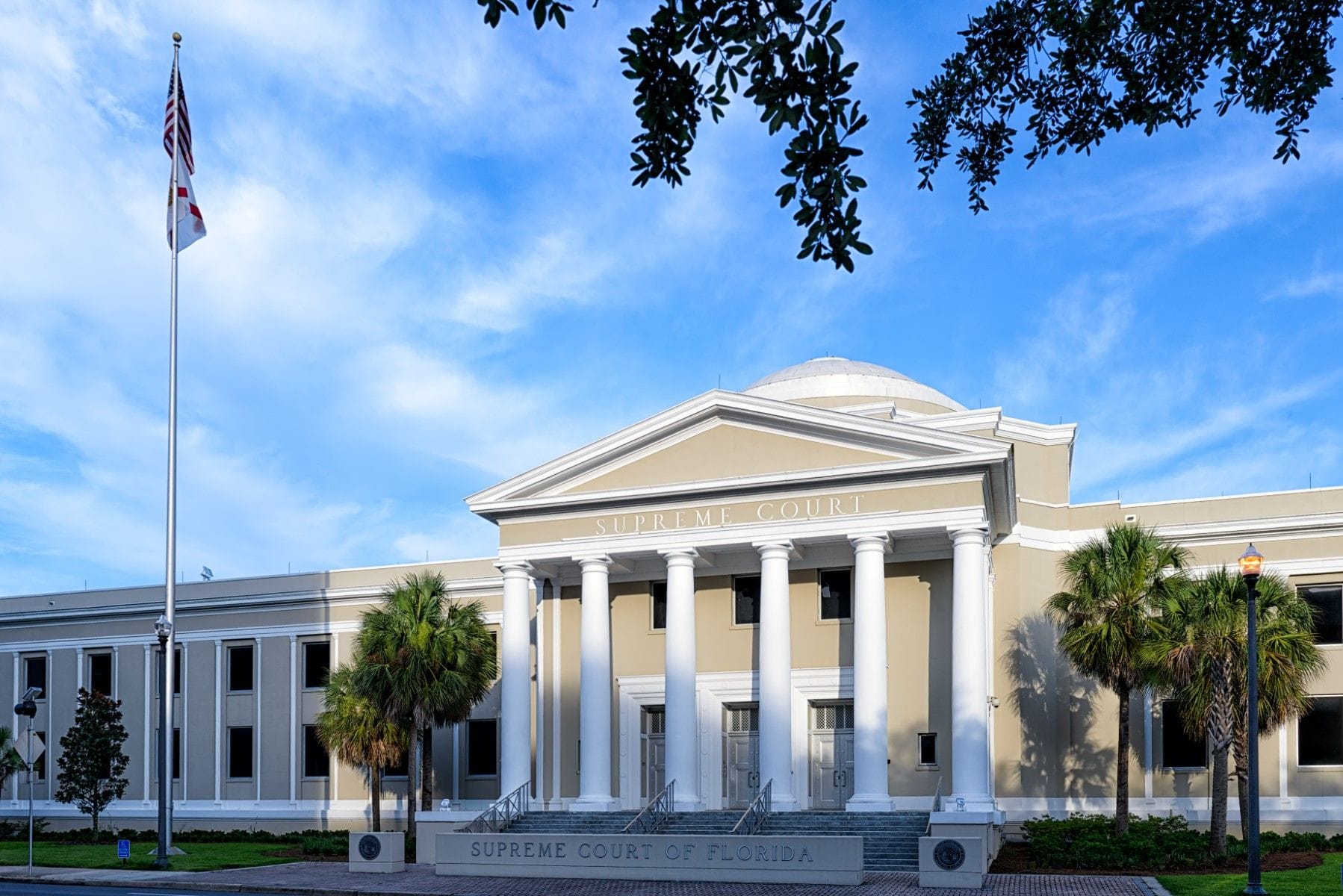Florida Expert Witness Disclosure Requirements
Florida mandates specific expert witness disclosures to ensure fair legal proceedings, emphasizing timely updates and detailed information for transparency.
Updated on
In this article
When Are Expert Witness Disclosures Required in Florida?
In Florida, the rules governing expert witness disclosures are integral to ensuring fair and efficient legal proceedings. Florida follows its own procedures, distinct from the Federal Rules of Civil Procedure, under the Florida Rules of Civil Procedure. According to Rule 1.280(b)(5), parties must disclose expert witnesses expected to testify at trial. The timing of these disclosures is crucial. Typically, disclosures are required no later than 90 days before the trial date. However, this timeline may vary based on specific case management orders or stipulations agreed upon by the parties involved.
Initial disclosures must occur early in the discovery phase to allow adequate time for depositions and preparation. If an expert is retained solely for rebuttal purposes, disclosures must occur within 30 days after the other party's expert disclosure. It is essential for legal practitioners to adhere to these timelines to avoid any procedural penalties or strategic disadvantages.
Information That Must Be Included in the Disclosure
The disclosure of expert witnesses in Florida requires comprehensive details to facilitate transparency and credibility in legal proceedings. Rule 1.280(b)(5)(A) specifies the necessary components:
- Expert Qualifications: A detailed account of the expert’s education, training, and experience must be provided to establish their credibility and relevance to the case.
- Opinions and Bases: The disclosure must include a summary of the expert's opinions and the bases for these opinions. This ensures that the opposing party is well-informed of the expert’s anticipated testimony.
- Data Considered: All data and information reviewed by the expert in forming their opinions must be disclosed. This encompasses documents, tests, and any other relevant materials.
- Fee Structures: The disclosure should include the expert’s fee schedule, detailing the compensation arrangement. This is crucial for assessing potential biases.
- Prior Testimony: Information regarding the expert's prior testimony in similar cases may be required, providing insights into their experience and potential biases.
These requirements aim to eliminate surprises at trial and promote a fair litigation process.
Supplementing and Amending Expert Disclosures
The duty to supplement or amend expert disclosures is a critical aspect of Florida's legal framework. Rule 1.280(e) mandates that parties must supplement disclosures if they learn that the information provided is incomplete or incorrect. Supplementation is required in a timely manner as new information becomes available. Failure to update disclosures can lead to severe consequences, including the exclusion of expert testimony or other sanctions.
Amendments are necessary when there are significant changes in the expert’s opinions or the data they rely on. This ensures that all parties have access to the most current and accurate information, maintaining the integrity of the judicial process.
Consequences of Failing to Properly Disclose an Expert
Non-compliance with expert disclosure rules can result in significant penalties in Florida. Courts have the discretion to impose various sanctions under Rule 1.380, including:
- Exclusion of Testimony: The most common penalty is the exclusion of the expert’s testimony, which can severely undermine a party’s case.
- Motions to Strike Experts: Opposing parties may file motions to exclude improperly disclosed experts, leading to potential delays and increased litigation costs.
- Sanctions: Additional sanctions may include monetary fines or adverse inference instructions to the jury.
The broader litigation risks include undermining the credibility of the party’s case and diminishing the likelihood of a favorable outcome. It is imperative for legal professionals to diligently adhere to disclosure requirements to mitigate these risks.
State-Specific Rules and Key Considerations
Florida's rules on expert witness disclosures, while aligning with some federal principles, have unique features and considerations. Notably, Florida does not automatically adopt the Federal Rules of Civil Procedure, and practitioners must be acutely aware of local rules and judicial preferences.
- Local Court Rules: Each judicial circuit in Florida may have specific procedural rules or standing orders that affect disclosure requirements. Attorneys must consult these local rules to ensure compliance.
- Statutory References: Florida Statutes, such as Chapter 90, also provide guidance on evidentiary matters related to expert testimony, including the admissibility of expert opinions.
- Variations from FRCP: Unlike the FRCP, Florida's rules place a significant emphasis on the early and detailed disclosure of expert information, reflecting the state's commitment to thorough pre-trial preparation.
Legal professionals must remain vigilant in understanding these nuances to effectively navigate expert witness disclosures in Florida. By doing so, they ensure adherence to procedural standards and enhance the prospects of achieving favorable litigation outcomes.


